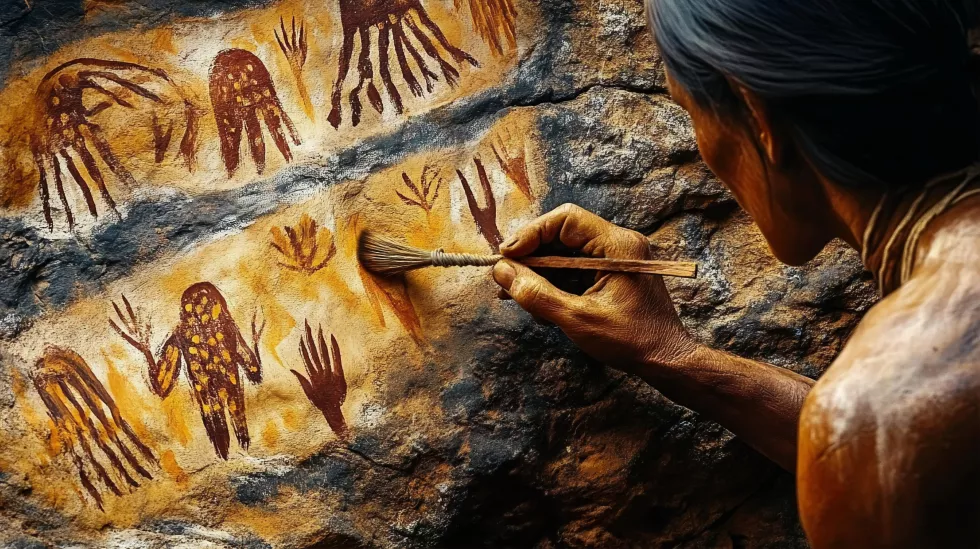Economics and cultural anthropology … have as their clear presuppositions one or the other of the two states of nature. Locke argued that man’s conquest of nature by his work is the only rational response to his original situation. … Economics comes into being as the science of man’s proper activity, and the free market as the natural and rational order. … Rousseau argued that nature is good and man far away from it. So the quest for those faraway origins becomes imperative. … What economists believe to be things of the irrational past—known only as underdeveloped societies—become the proper study of man, a diagnosis of our ills and a call to the future. … Economists teach that the market is the fundamental social phenomenon, and its culmination is money. Anthropologists teach that culture is the fundamental social phenomenon, and its culmination is the sacred. Such is the confrontation—man the producer of consumption goods vs. man the producer of culture, the maximizing animal vs. the reverent one.
Allan Bloom (1987) The Closing of the American Mind. p. 361-363

